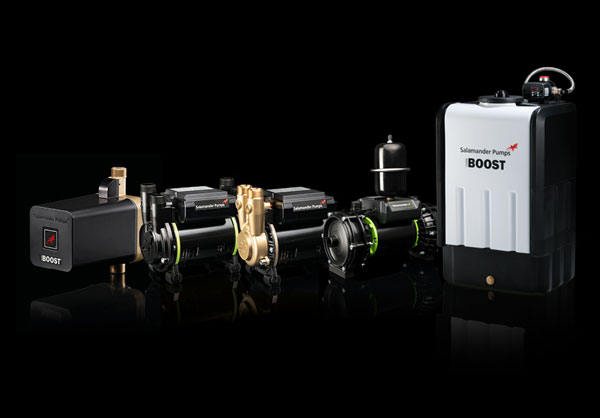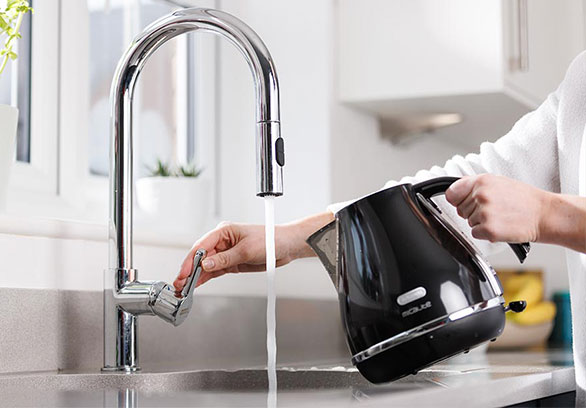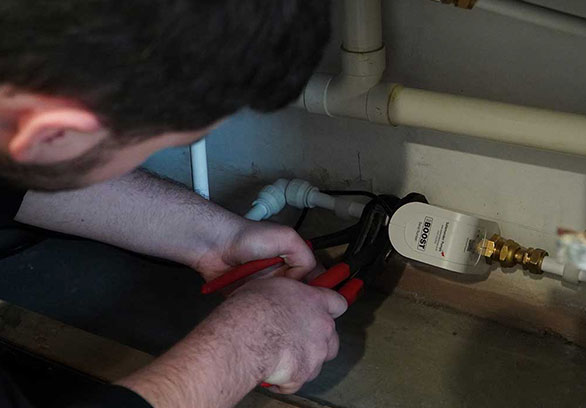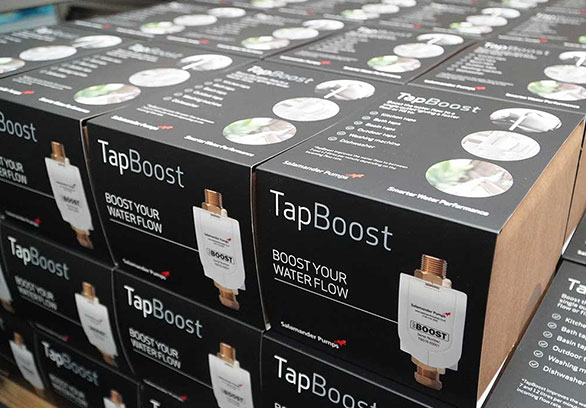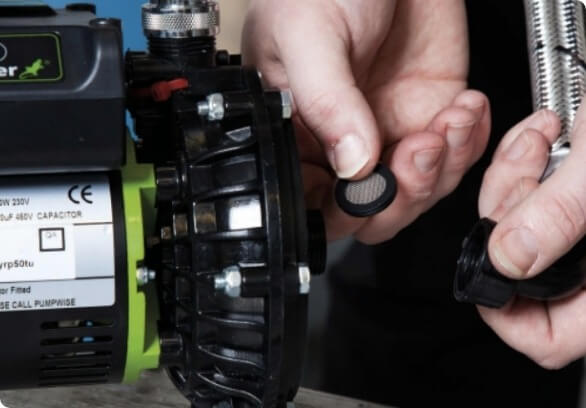Pre-installation
Water Conditioner vs Water Softener. Which One to Choose?
Hard water in your home is easy to spot you’ll notice scale stains around showerheads and taps. When hard water is heated it causes limescale to build up in pipework and appliances, this can cost you a lot of money in the long-term due to inefficiency and damaged plumbing.
There are two ways to solve this problem: use a water conditioner or a water softener. There is a misconception that water conditioners and water softeners are the same thing, although there are some similarities, they work very differently.
By the way, if you see “salt-free water softeners” know this means water conditioner.
What are the Differences Between a Water Conditioner and Water Softener
A water softener is a system that uses a process called ion-exchange. In the water softener tank, there is a bed full of resin. The hard water travels through this resin, which traps the minerals and replaces them with sodium ions from the salt. Sodium is a soft mineral that won’t cluster or scale in plumbing, appliances, or on your skin.
Over time the resin beads will collect so many dissolved minerals the system can’t continue removing more, because of this the system must regenerate. During regeneration, the water softener flushes out the minerals collected from the hard water, so it can continue to soften new water. This typically happens every 2-10 days depending on the size of the water softener.
On the other hand, water conditioners use different technology. A water conditioner does not remove the minerals that cause the hardness from the water, but rather changes the chemical structure of the minerals so that they do not stick and form scale on pipes and fixtures. It does not soften water because calcium minerals remain in the water.
Pros and Cons of Water Conditioners and Water Softeners
Water Softener Pros
- Water softener will give you real soft water. This means you’ll get reduced scaling on pipes, no spotting on taps, drains and dishes. It increases soap lather, so much less soap is needed when washing or using the dishwasher.
Water Softener Cons
- The main disadvantage of a softener is that it requires regular maintenance and upkeep. They need salt to operate, which needs to be replenished periodically, resulting in additional costs.
- The process causes sodium and potassium ions to be deposited in the water which is flushed away. This is an environmental concern and a potential health hazard. Additionally, water softeners generate waste water for the regeneration process.
Water Conditioners Pros
Water conditioner doesn’t technically soften water, but it still has a lot of benefits.
- A water conditioner will protect your pipes from scale build-up and will reduce scale stains around your fixtures and drains.
- Water conditioners are also considered a green alternative to softener systems. They don’t create any waste products like water softeners or consume energy to operate.
- Unlike a water softener, you don’t have to worry about refilling with salt, so it requires no maintenance or ongoing running costs.
- A water conditioner is much smaller than a water softener and can be fitted in line with no storage requirements.
